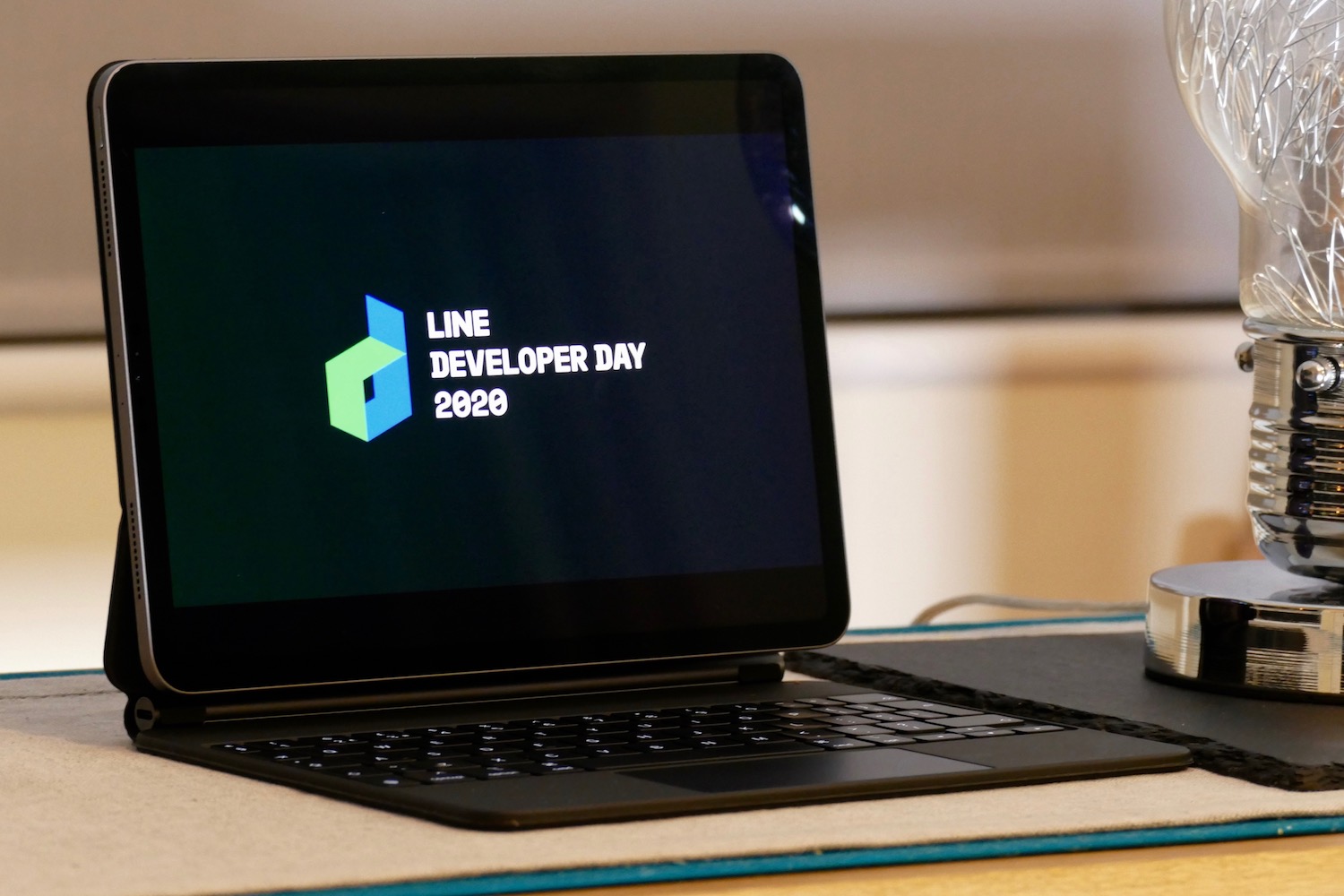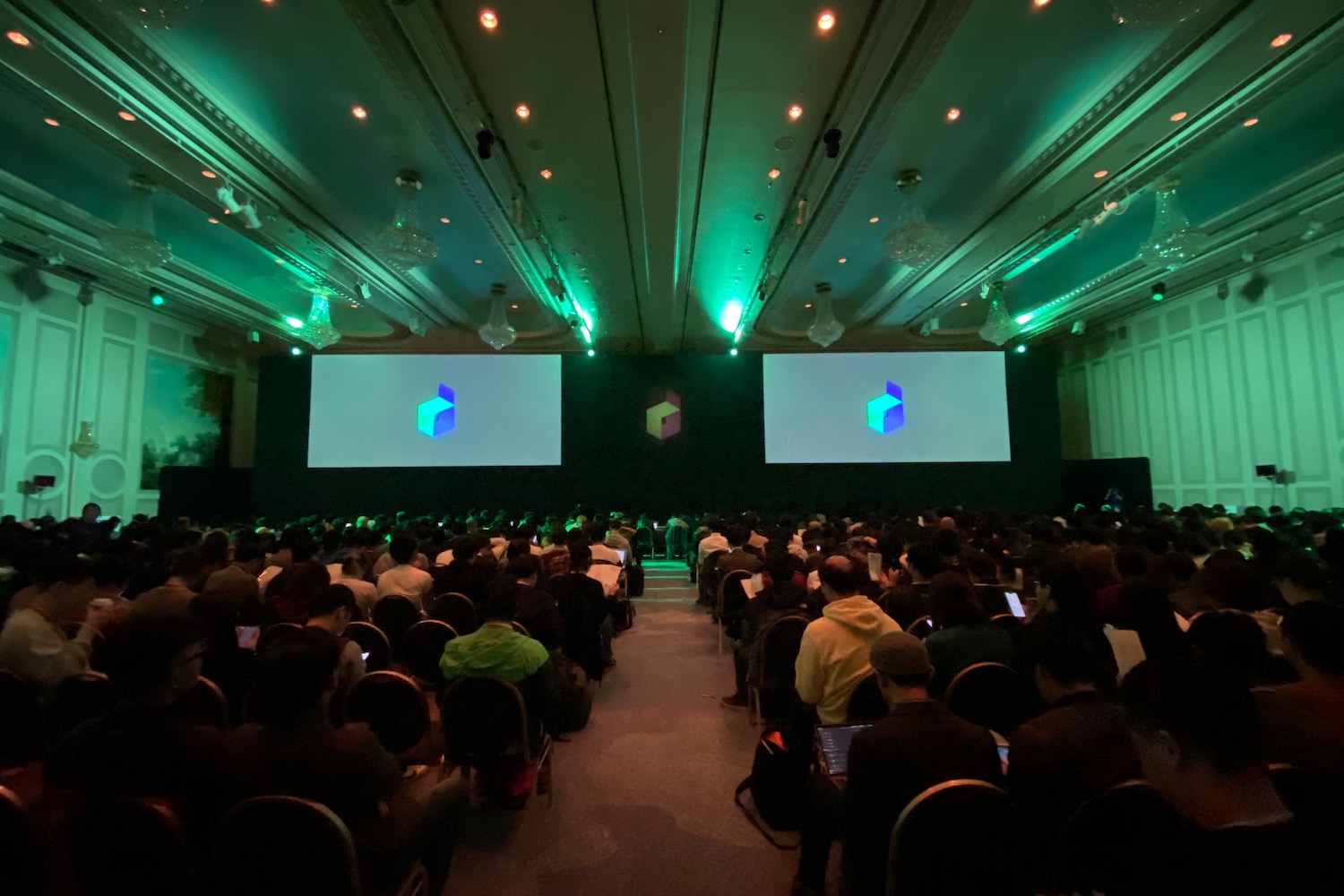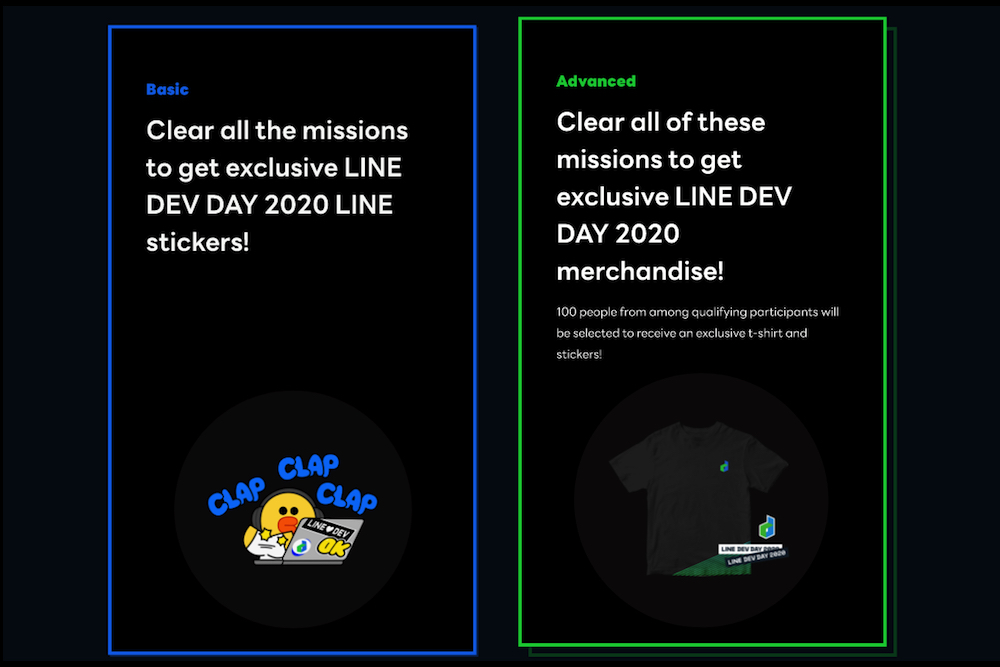It’s easy to pass off the virtual events being held in place of in-person gatherings this year as just filler, a necessary evil, ready to be consigned to the history books once we can all safely meet in large numbers again. However, messaging app Line’s experience with its online-only developer conference was positive enough that it has influenced how future versions of the event will be held.
Line made the bold decision to cancel its in-person event early on in the year, but rather than hold a scaled-down online event instead, Line’s virtual DevDay 2020 turned out to be a bigger event than ever before. I spoke to Euivin Park, Line’s chief technology officer (CTO), along with two Line developers who gave presentations, about the challenges of a virtual event, and how it has led to plans for something new next year featuring both live and online content.
Bigger and better
Line’s messaging app and social platform are most popular in Asia, but the app is available everywhere, although in the U.S. you may be more familiar with Line’s cute characters seen in its Line Friends retail stores. Park started out by explaining when it was decided that DevDay 2020 should be held online.
“From around February to March this year, when the coronavirus infection spread and countermeasures began in various places, the team began to consider it as an option. The final decision to not hold offline was at the end of April. We never really though of canceling it. We thought, how should we carry it out better online?”

This gave the team seven months to put together a virtual event, but why was it so important to go ahead at all?
“We really had a lot to share,” Park said about the reasons to hold the developer day in 2020. “Technology is a joint effort, I believe that sharing is really important for advancement. Instead of Line employees going to different events to learn, we wanted to hold a conference where we can gather everyone to share experiences in one place. There are a lot of advantages [to a virtual event]. For instance, you don’t have to travel. Our Developer Day used to be targeted mostly at Japanese developers, but this time we had a lot of developers from overseas.”
Line took full advantage of the switch to an online format. More than 150 sessions were spread over three days instead of two, the digital nature of the presentations meant simultaneous translation was possible for international attendees, and Line invited a total of 36 guest speakers along too, the most it has ever had. Based on the response, the approach paid off.
“Last year, we had about 2,000 developers attending; this year, there were 7,000 preregistrations,” Park revealed.
Speaking out, virtually
Line’s DevDay 2020 was scaled up, but what happened behind the scenes and what new challenges did it present? Last year for DevDay 2019 I sat in an auditorium and listened to Park give her keynote presentation in person, so how different was it to present it online in 2020?

“It was very hard, I admired YouTubers!” Park exclaimed about the process of recording her keynote presentation, instead of giving it live to an audience. “You had to look at the camera and almost talk to yourself. I panicked! When you have people in front of you, you can make it more conversational, but I was all by myself, so it felt strange. It was very challenging. Looking at a camera, speaking in Japanese [Euivin Park’s first language is Korean], I couldn’t really say the things I wanted to. I don’t even really like talking to an audience, but I believe it’s 100% better than talking to a camera!”
Charles Hubain, senior security engineer at Line, who has presented in person at Line developer day events before, gave us an insight into how the recording process worked.
“[The team] built a real mini studio inside Line’s main Tokyo office, and we had three large cameras and screens facing us, instead of the usual audience,” he said, before talking about the experience itself. “It was my first time [presenting online], so it was a very strange experience. I spent more time writing an actual script and working on my tone and expressions than usual, so it was less spontaneous.”

Conversely, it was the first time Leo Chu, an Android app engineer at Line, presented at a Line developer day event at all, and the online nature helped remove some of the anxiety connected with public speaking.
“Since this was my first time as a speaker, I felt quite relaxed presenting to camera, since I didn’t need to face to anyone. However, because I couldn’t see the audience, I was not able to read their faces. Personally, I felt kind of awkward talking to a camera instead of people.”
Despite the challenges, both Hubain and Chu commented on how they enjoyed the event, but also mentioned how the limited opportunities to talk and interact with colleagues were a downside of the online format. It’s here where Line’s future plans come into play.
The hybrid future
There’s no doubt that 2020 has required many of us to make massive alterations to our lives. Park had already explained how Line itself adapted and pushed its technology forward to meet the demands of the year, so how has holding DevDay virtually made Park and the Line team look at future events?
“We have been thinking about how we should do it next year. I really like this online event format, and even after the pandemic, I think it would be good for us to keep it online,” Park told me, adding, “but as there are many advantages to holding it offline, we thought of having a hybrid event, both online and offline.”
A hybrid event is gradually becoming seen as the future of large-scale events like Line’s developer day, at least in the near-term. In a survey by events industry publication EventMB, 62% of respondents said they would retain a virtual aspect for future events. This would create a “TV show format” with live speakers, a small live audience, and a strong technology aspect for the online audience, according to another piece written by the publication in July.
A variety of large events will follow a similar format next year. For example, the 2021 Sundance Film Festival will be a hybrid event, as will the Glasgow Film Festival. The Games Developer Conference (GDC) has also been announced as a hybrid event, and many others are expected to follow suit. It’s not just events,either. Google CEO Sundar Pichai said the hybrid model is the, “future of work,” and a survey by workplace network Blind showed 80% of respondents also favored a mix of online and office-based work.
Line’s forward planning and subsequent positive experience gives us hope for the continuation of key events like it, from film and music extravaganzas to industry events like CES and Mobile World Congress. Tech-driven hybrid events would allow more of us to enjoy them, as geographical location won’t be important, while at the same time injecting much-needed real-life contact with other attendees back into the mix. Learning from well-executed virtual events like Line’s DevDay 2020 will be essential to making the online sections as compelling as the in-person events always have been.



